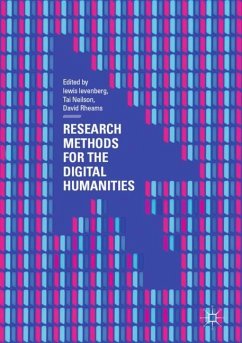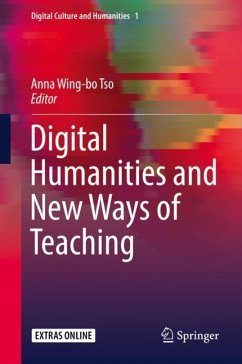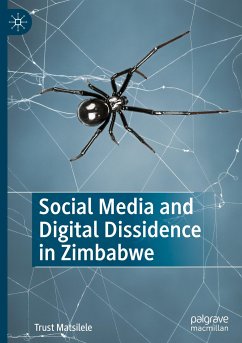
Global Knowledge Dynamics and Social Technology
Versandkostenfrei!
Versandfertig in 6-10 Tagen
46,99 €
inkl. MwSt.
Weitere Ausgaben:

PAYBACK Punkte
23 °P sammeln!
This volume unpacks an intriguing challenge for the field of media research: combining media research with the study of complex networks. Bringing together research on the small-world idea and digital culture it questions the assumption that we are separated from any other person on the planet by just a few steps, and that this distance decreases within digital social networks. The book argues that the role of languages is decisive to understand how people connect, and it looks at the consequences this has on the ways knowledge spreads digitally. This volume offers a first conceptual venue to ...
This volume unpacks an intriguing challenge for the field of media research: combining media research with the study of complex networks. Bringing together research on the small-world idea and digital culture it questions the assumption that we are separated from any other person on the planet by just a few steps, and that this distance decreases within digital social networks. The book argues that the role of languages is decisive to understand how people connect, and it looks at the consequences this has on the ways knowledge spreads digitally. This volume offers a first conceptual venue to analyse emerging phenomena at the innovative intersection of media and complex network research.














